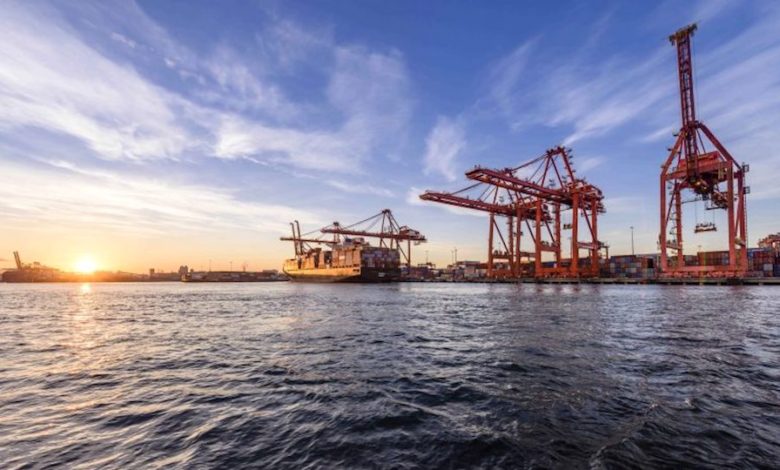ACPA says ports need more financial flexibility to meet Canada’s global sustainable energy aspirations

In August, Canadian prime minister Justin Trudeau and German chancellor Olaf Scholz signed a five-year deal through which Canada will supply green hydrogen to Germany.
Just days later, Canada’s Belledune Port Authority (BPA) signed an MOU with Niedersachsen Ports in Wilhelmshaven, Germany, to establish an energy partnership focused on clean fuels and green products. BPA CEO Denis Caron said at the time: “This agreement creates a direct trade corridor between New Brunswick and one of the biggest clean-energy markets in Europe.”
This week, the Association of Canadian Port Authorities’ (ACPA) Senior Director of Policy and Regulatory Affairs Debbie Murray said in an op-ed piece that “the global energy transition is well upon us, and it seems many countries are knocking on Canada’s door.”
This will mean, as Murray pointed out, new demands on Canada’s port authorities (CPAs), the 17 federally owned ports operating at arm’s length of government. They will “likely have a central role to play in terms of storing, loading and even producing the hydrogen, ammonia and liquid natural gas (LNG) that foreign markets are seeking,” she said.
CPAs face financing restrictions, however, that Murray said will make it difficult for them to build the required infrastructure to meet government commitments. “CPAs can only borrow up to government-set limits that are inadequate for infrastructure demands placed upon them today, never mind our energy aspirations.”
Murray, who is also co-chair of the Ports and Marine Working Group involved in creating the federal Hydrogen Strategy for Canada, listed the ACPA’s recommendations to the Government of Canada to “address obstacles and better capitalize ports to meet Canada’s global sustainable energy aspirations.”
Among those recommendations, the ACPA seeks “simpler but risk-based access [for CPAs] to interested private capital for the infrastructure investments they need to support energy exports,” along with increased federal funding and an improved impact assessment process for infrastructure projects.
